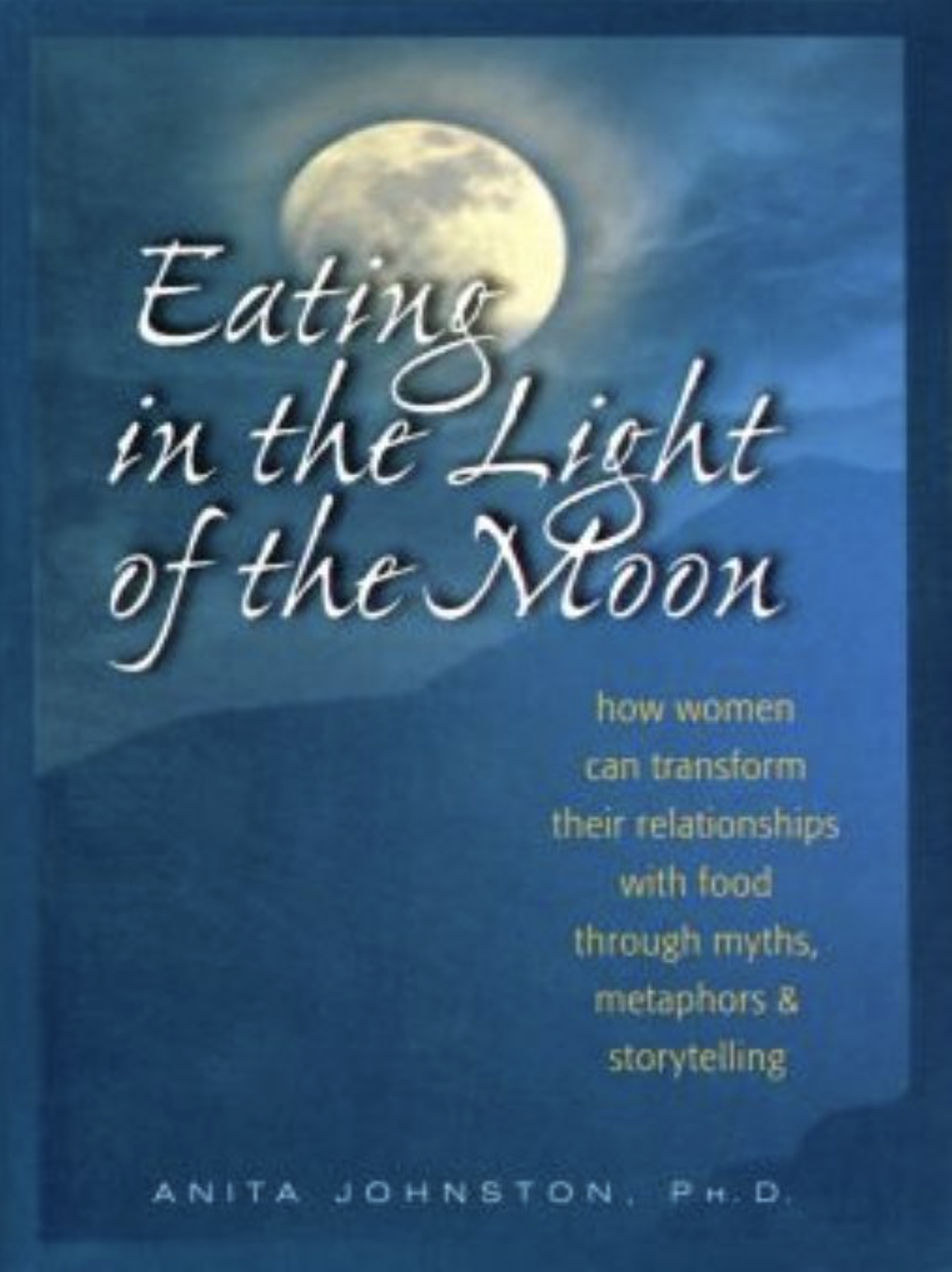Helpful Resources If Your Loved One Has An ED (And How to Be Supportive)
Overcoming an eating disorder is challenging for the client, but too often, loved ones of the patient are overlooked!
It’s hard to watch someone you love struggle with ED. You might feel helpless. You may feel confused about what they’re going through. You might also feel that you need support and comfort while your loved one is healing.
On top of that, you want to be supportive and help them in any way you can but you aren’t sure how. And you certainly don’t want to inadvertently make things worse!
Here are some of our favorite resources for supporting you when your loved one has an eating disorder and/or is receiving treatment, as well as our top tips for how you can be supportive in the healing process.
Here are some resources that may be helpful in helping you understand eating disorders, Health at Every Size, and Intuitive Eating.
Therapy
For those who are in the process of ED recovery, it’s crucial to have a strong support network—that’s where you can play an integral role! As the loved one of someone who is going through eating disorder recovery, we also offer family therapy, parent coaching, and individual therapy for the loved ones of people with ED. Having a therapist who has informed insight and a specialty working with folx with eating disorders will be critical for you, too.
Also, if we aren't the clinicians for you or if we don't have openings currently, please head to https://cteds.org. Here you will find a list of providers who are screened to ensure they approach eating disorder recovery from an Intuitive Eating and Health at Every Size lens.
How to Support in Recovery: Our Top Tips:
-
Create an accepting and judgment-free space for your loved one to talk about their challenges with ED. If they want to talk about their experience, let them talk. Listen actively and make sure they know you care about them and want to help.
It’s also a good idea to refrain from giving advice or otherwise trying to solve the problem for your loved one. Eating disorders are complex and are best handled by a professional. The best thing you can do is be supportive and let them know you’re there for them.
-
Use the resources we listed above to learn more about eating disorders, their root causes, and how they affect the client. Listen to your loved one’s experiences and point of view (if they want to share) and focus on learning, not fixing them.
-
Educate yourself on the harm diets and the diet industry cause, and fight back! Explore the ideas of Health at Every Size and Intuitive Eating and be aware of your worldview regarding how the diet industry and our culture’s toxic beauty ideals have shaped your outlook.
-
Focus on positive things about your loved one, as well as other people, that is not about their weight or size. Practice complimenting who they are as a person, what you appreciate about them, and how they make your life better. Their body may be changing as they heal from an eating disorder, which can be stressful for them, so putting the focus elsewhere and reminding them of why they’re important to you can help!
-
Weight is just a number that doesn’t indicate mental or physical health (and it CERTAINLY doesn’t determine one’s worth!). We find that scales keep the focus on weight alive, so it’s helpful to remove it from your home by donating it, chucking it into the dumpster, or even fighting back against the eating disorder and smashing it to pieces. (Picture that scene in Office Space when they smash the fax machine with baseball bats.) This can be fun and cathartic for you and your loved one. Give it a try!
Our office even has a special dumpster just for this purpose. We invite you to join the club!
-
You also need support, because you can’t support anyone else if you’re mentally and emotionally depleted! Taking care of yourself will provide the emotional bandwidth for you to be a good partner for your loved one and make your life a lot easier too. It can also be helpful to work on healing any diet mentality or body image issues you may have, as this can be beneficial for you and put you in a better position to support your loved one.
Supporting a loved one who is recovering from an eating disorder can be challenging—but also very fulfilling. And the support of people like you can make so much difference in a client’s healing process!
Take care of yourself, educate yourself, and be there to listen when your loved one wants to talk. Together, you can rid your lives of ED!














